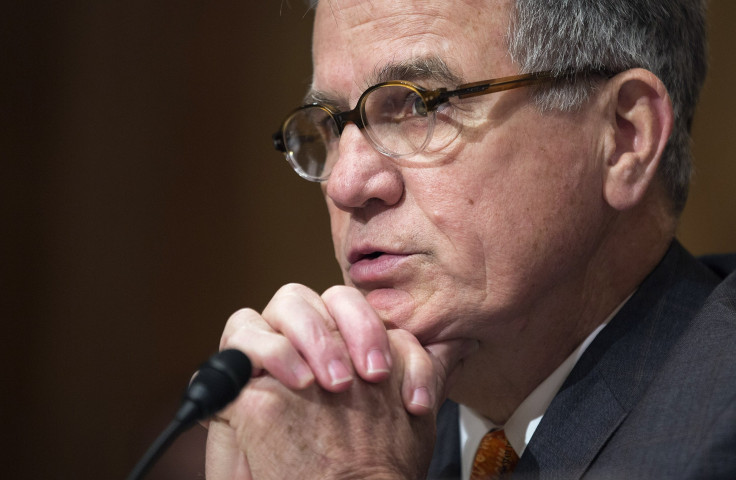GOP Senator Blocks Congress From Extending Terrorism Insurance Program; Bill Likely To Die

U.S. Senate Majority Leader Harry Reid tried to hold a vote Tuesday night on a House-modified bill that would reauthorize a federal terrorism insurance program, but Republican Sen. Tom Coburn objected to the vote and effectively blocked Congress from extending the Terrorism Risk Insurance Act. “His objection is going to kill TRIA,” Reid said on the Senate Floor, according to the Hill.
Coburn had said earlier this week that he would block the bill unless states are allowed to opt out of the federal program -- a modification the retiring senator had asked Reid to include, but the Democratic Senate majority leader rejected.
Talks to resolve this stalemate buckled last week when House Financial Services Chairman and Republican Rep. Jeb Hensarling insisted on revising the Dodd-Frank law, in order to exempt manufacturers, energy companies and agricultural firms from putting up collateral when they’re trading derivatives. The revisions passed in the House but Schumer and Senate Democrats strongly oppose these changes, Politico reported.
“Several weeks ago I warned Speaker Boehner that if he followed Jeb Hensarling’s dangerous gambit, he risked killing terrorism insurance,” Democratic Sen. Charles Schumer said in a statement Tuesday, after Coburn blocked the bill’s passage. “Tonight, Senator Coburn struck the final blow when he objected to bringing the bill to the floor.”
The Terrorism Risk Insurance Act was signed into law by President George W. Bush in 2002 following the 9/11 terrorist attacks and has been extended twice. Because most insurance companies do not offer terrorism coverage, the act “provides for a transparent system of shared public and private compensation for insured losses resulting from acts of terrorism.” The current law is set to expire again on Dec. 31 and failure to renew the program would take away jobs, threaten funding for major construction projects and make it riskier for sports leagues and entertainment companies to put on big events.
"You would see a lot of construction projects come to a grinding halt," Thomas Bisacquino, president and CEO of NAIOP, the commercial real estate development association, told USA Today. "Loans wouldn't be made, and developers would be in default on loans they already have because they wouldn't be able to meet the insurance requirement. It would create huge problems."
The bill’s supporters are reportedly trying to negotiate with Coburn to find a way around the impasse over the Terrorism Risk Insurance Act before the chamber’s scheduled adjournment Thursday. “It’s unclear where things are going to go from here,” Matt House, spokesman for the Senate Democratic Policy and Communications Center, told USA Today. “We’re running out of time.”
© Copyright IBTimes 2025. All rights reserved.





















